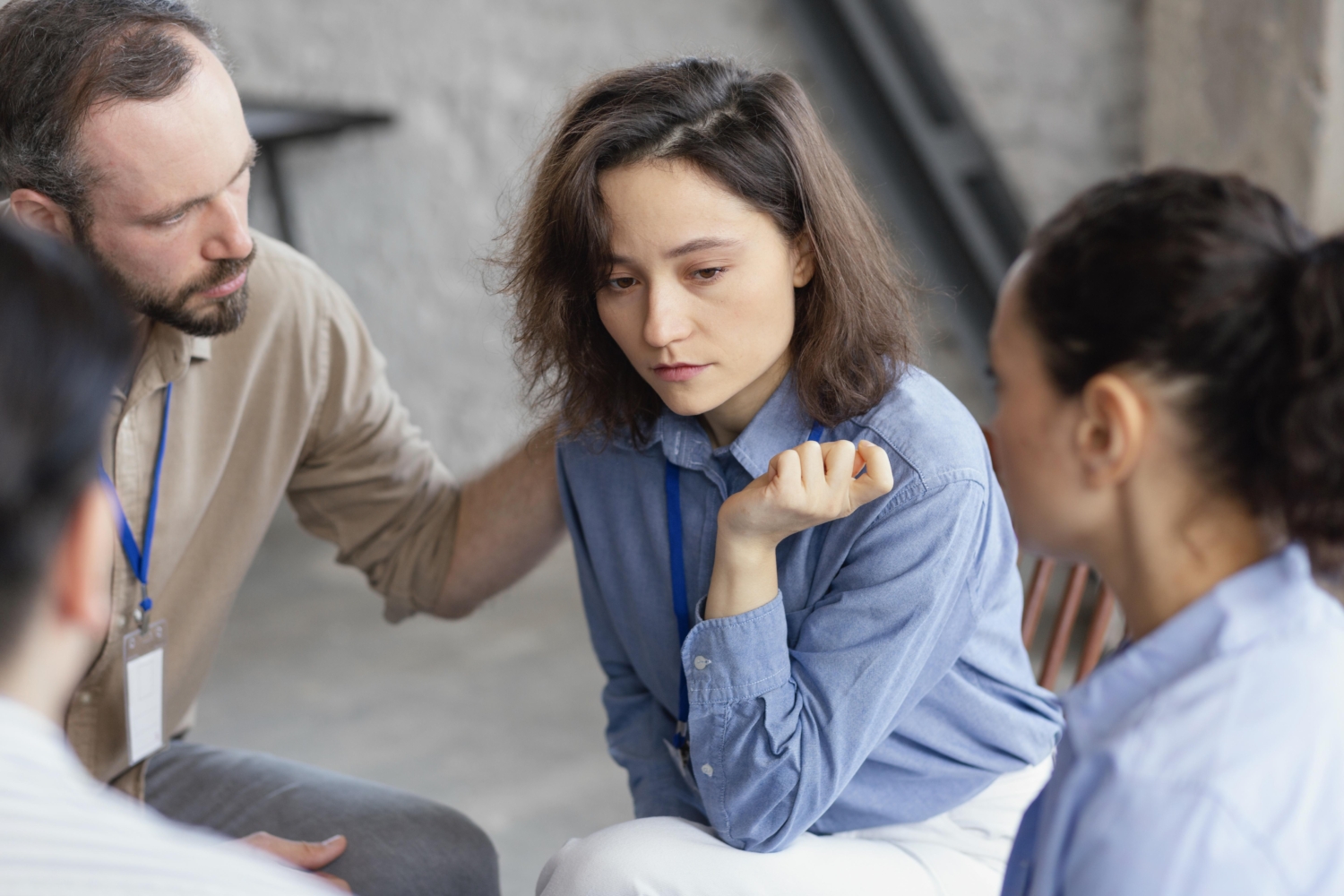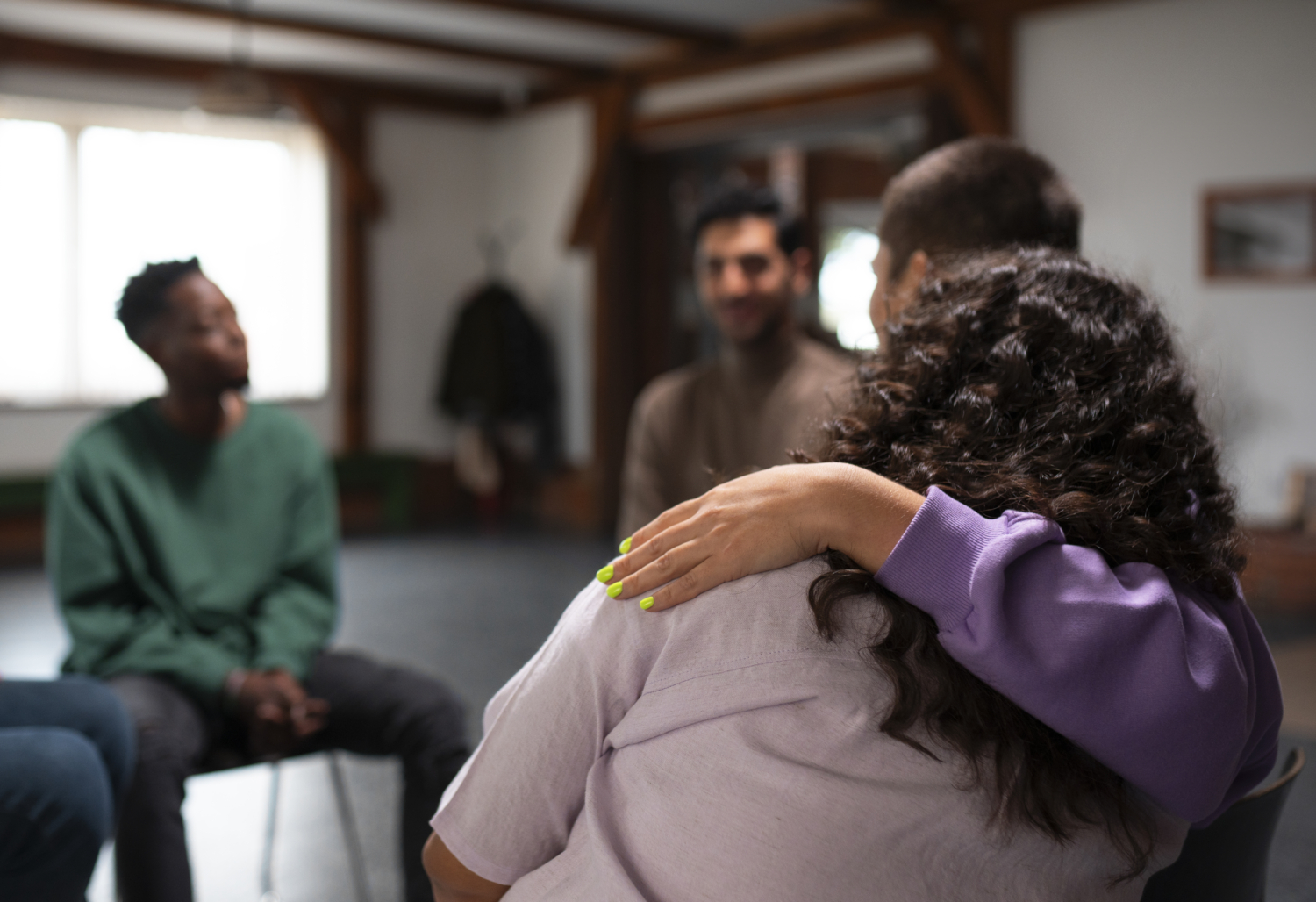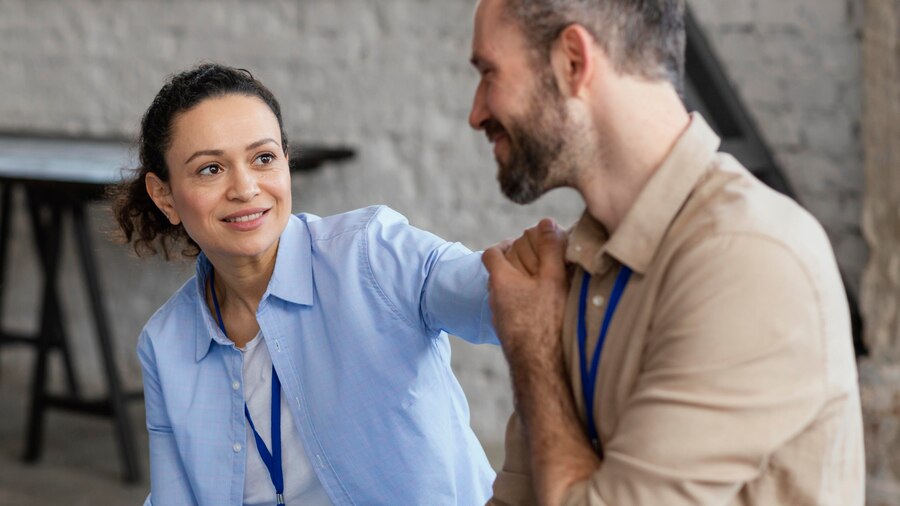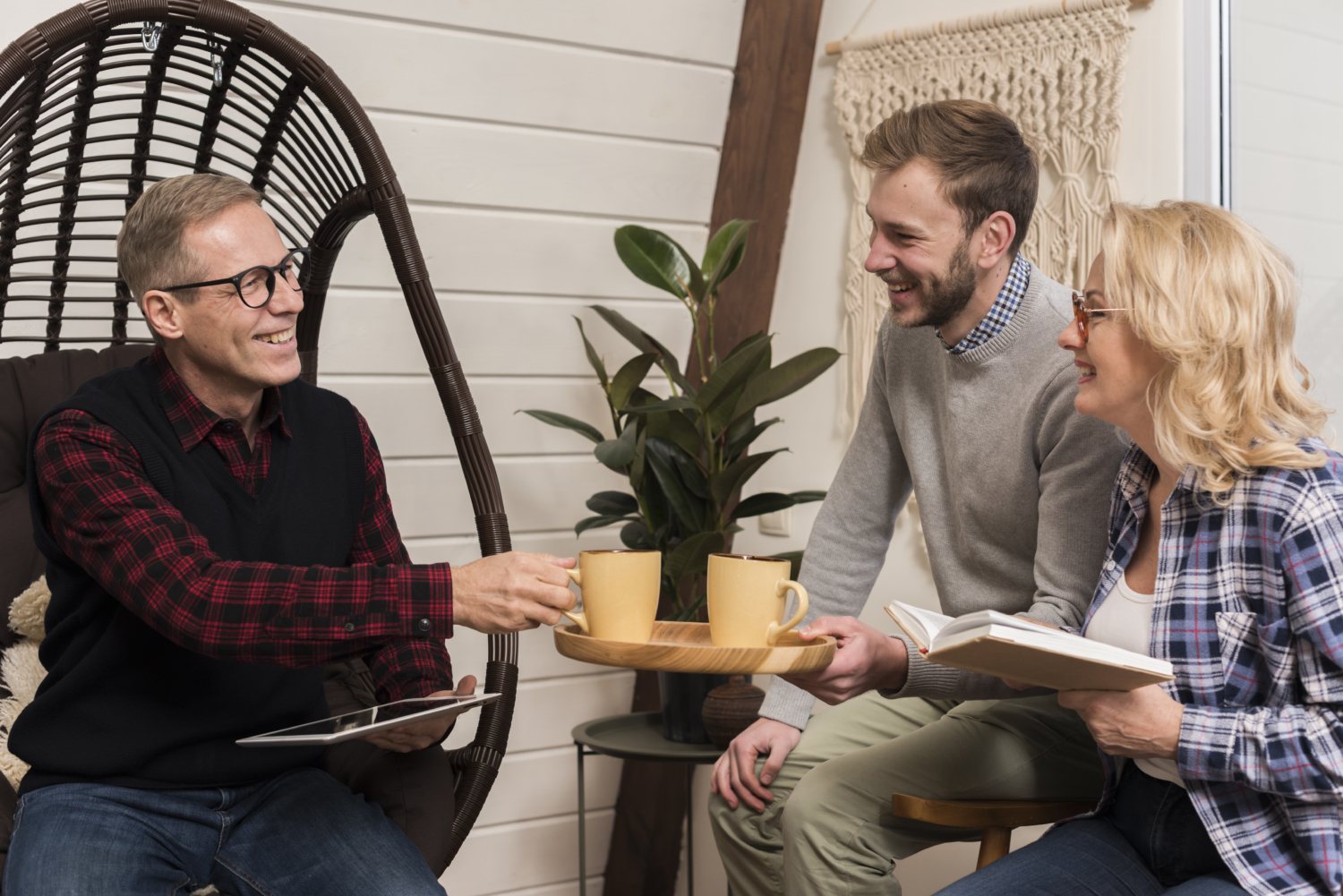In the picturesque city of Aliso Viejo, nestled amidst the serene landscapes of Southern California, lies a community that grapples with the complex dynamics of relationships, particularly those affected by addiction. Addiction not only wreaks havoc on individuals but also casts a shadow on their relationships, leaving behind a trail of resentment, mistrust, and broken bonds. However, amidst the challenges, there exists a beacon of hope – Couples Rehab, a sanctuary dedicated to helping couples navigate the turbulent waters of addiction recovery and rebuild their relationships from the ground up.
Addiction Treatment for Couples
Understanding Resentment in Post-Addiction Relationships
Resentment is a formidable adversary that often lingers in the aftermath of addiction. It festers beneath the surface, fueled by past hurts, betrayals, and unmet expectations. For partners of individuals battling addiction, resentment may stem from feelings of abandonment, betrayal, financial strain, and emotional neglect. The journey to recovery is fraught with obstacles, and overcoming resentment is a crucial step towards healing the wounds inflicted by addiction.
Acknowledging the Impact of Addiction on Relationships
Addiction is a disease that not only affects the individual but also reverberates throughout their interpersonal relationships. Partners of individuals struggling with addiction often find themselves caught in a whirlwind of chaos, uncertainty, and despair. The consequences of addiction can be profound, eroding trust, communication, and intimacy within the relationship. Moreover, the cycle of addiction perpetuates a pattern of dysfunction, where blame, resentment, and conflict become the norm.
The Role of Couples Rehab in Facilitating Healing and Reconciliation
Amidst the rubble of broken relationships, Couples Rehab emerges as a beacon of hope, offering a lifeline to couples grappling with addiction and its aftermath. By providing comprehensive, evidence-based treatment programs tailored specifically for couples, Couples Rehab addresses the root causes of addiction while fostering healing and reconciliation within the relationship. Through individual and couples therapy, experiential activities, and holistic interventions, Couples Rehab equips couples with the tools they need to overcome resentment and rebuild a foundation of trust, communication, and intimacy.
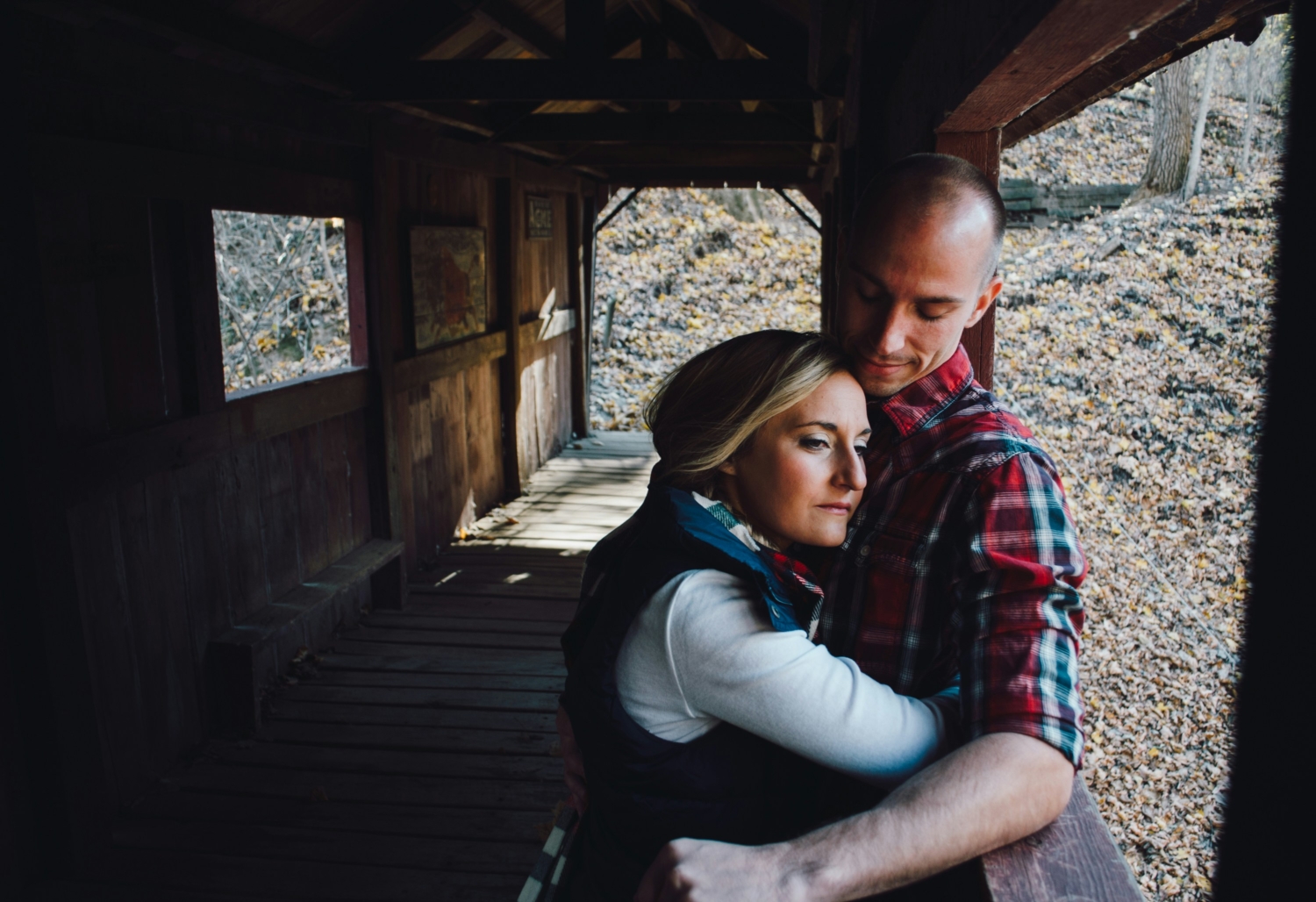
Navigating the Road to Recovery
Recovery is a journey fraught with challenges, setbacks, and triumphs. For couples navigating the road to recovery, the path ahead may seem daunting, yet not insurmountable. At Couples Rehab, couples are guided through each step of the recovery process, from detoxification and rehabilitation to aftercare and relapse prevention. Moreover, Couples Rehab recognizes the unique needs of each couple and offers personalized treatment plans tailored to their specific circumstances, strengths, and challenges.
Healing Wounds, Rebuilding Trust
Central to the process of overcoming resentment in post-addiction relationships is the healing of deep-seated wounds and the rebuilding of trust. Through individual and couples therapy, couples are provided with a safe space to explore their emotions, express their grievances, and work through past traumas. By fostering open, honest communication and empathy, Couples Rehab helps couples break down the barriers that hinder intimacy and connection. Moreover, through experiential activities such as art therapy, mindfulness practices, and adventure therapy, couples learn to cultivate a sense of presence, resilience, and gratitude in their relationship.
Forging a New Path Forward
Recovery is not merely about overcoming addiction; it is about forging a new path forward, one imbued with hope, purpose, and resilience. At Couples Rehab, couples are encouraged to envision a future free from the shackles of addiction and resentment, where love, trust, and mutual respect reign supreme. By embracing a holistic approach to recovery that encompasses mind, body, and spirit, Couples Rehab empowers couples to cultivate a life of sobriety, fulfillment, and joy.
Embracing the Journey of Growth and Transformation
The journey of overcoming resentment in post-addiction relationships is not easy, nor is it linear. It is a journey marked by growth, transformation, and resilience. At Couples Rehab, couples are supported every step of the way by a team of compassionate, dedicated professionals who are committed to their healing and well-being. By embracing the journey of recovery as a couple, couples discover newfound strength, resilience, and connection that transcend the scars of addiction.
Take the First Step
As couples embark on their journey of recovery, they are met with compassion, support, and guidance every step of the way. Through the transformative power of therapy, holistic interventions, and unwavering dedication, Couples Rehab paves the way for couples to reclaim their lives, their love, and their future together.
FAQ’s
1. Addiction recovery is hard, but now resentment is straining my relationship. What can we do?
It’s common for resentment to build during addiction. Couples Rehab can help! We offer specialized therapy to address post-addiction resentment, rebuild trust, and strengthen your relationship.
2. How can I even begin to forgive my partner for the things they did during their addiction?
Forgiveness is a journey, not a destination. Couples Rehab therapists can guide you through processing your hurt, understanding the root of your resentment, and fostering empathy for your partner’s struggles.
3. My partner keeps apologizing, but I still feel angry. Is this normal?
Absolutely. Healing takes time. Couples Rehab can create a safe space to express your anger constructively and work towards healthy communication.
4. I’m worried resentment will destroy our relationship. Can couples rehab really help us overcome it?
Couples Rehab offers proven strategies for couples to navigate resentment and rebuild a strong foundation. We equip you with tools for healthy communication, empathy building exercises, and relapse prevention techniques.
5. What if my partner isn’t ready for couples therapy?
Couples Rehab offers individual therapy alongside couples sessions. We can help both partners heal and prepare for a more positive relationship dynamic.
6. How long does couples rehab typically last to address resentment after addiction?
The length of treatment varies depending on your unique situation. Couples Rehab offers flexible programs to fit your needs and help you achieve lasting results.
7. I’m worried about the cost of couples rehab. Are there any affordable options?
Couples Rehab understands the financial strain addiction recovery can bring. We offer various payment plans and can help you explore insurance coverage options.
8. What happens after couples rehab? Will the resentment come back?
Couples Rehab equips you with ongoing communication skills and relapse prevention strategies to maintain a healthy relationship. We also offer alumni programs for continued support.
9. Is couples rehab confidential?
Yes. Couples Rehab prioritizes your privacy. All sessions and discussions are confidential, allowing you to feel safe and open during your recovery journey.
10. I’m ready to start healing. How do I get started with Couples Rehab?
Contact Couples Rehab today! We offer a free consultation to discuss your situation and answer any questions you may have. Together, we can help you overcome resentment and build a stronger, healthier relationship post-addiction.





